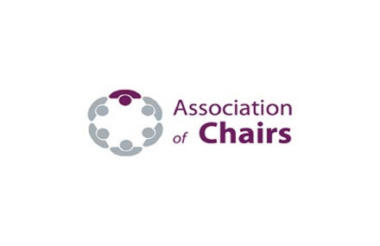Charity chairs do not receive sufficient support for their roles, despite high levels of commitment, the Association of Chairs said today.
A survey of 360 chairs and vice chairs by the organisation, revealed “significant gaps” in support of chairs, with many restricting themselves to free resources.
The main support received by chairs, was access to publications, conferences, events and admin support. But fewer than 50 per cent received any kind of development support in the past 12 months, the organisation said. Just 37 per cent of respondents accessed training – a third of which paid for the training from their own pocket – and only 16 per cent of respondents were mentored or coached.
AoC chair, Ruthy Lesirge, said: “It’s clear that many chairs are putting a lot in, but our survey shows there is too little financial and practical support given to incoming chairs for induction, training and personal development.
“A host of commentators and reports have indicated that we need to raise the bar on governance of charities. Individual charities and funders can help by committing to providing more support for Chairs. We stand ready to help.”
AoC research reveals that more than half of chairs – 54 per cent – spent four or more days per month on their chairing role. The majority of time was given by chairs of both the largest and smallest charities – as well as those with AoC membership, it said.
Just 38 per cent of chairs received expenses and only 3 per cent received payment for being a trustee.
But the survey also revealed that many organisations do not have a budget for board development. Some 46 per cent of boards have no budget for board development and only 19 per cent have a formal allocated budget. It also revealed that only 34 per cent of chairs received an induction at their charity.
The biggest causes on concern for chairs centred around funding, fundraising and financial sustainability – followed closely by concern for the sector’s reputation and fears over damaging press coverage.










